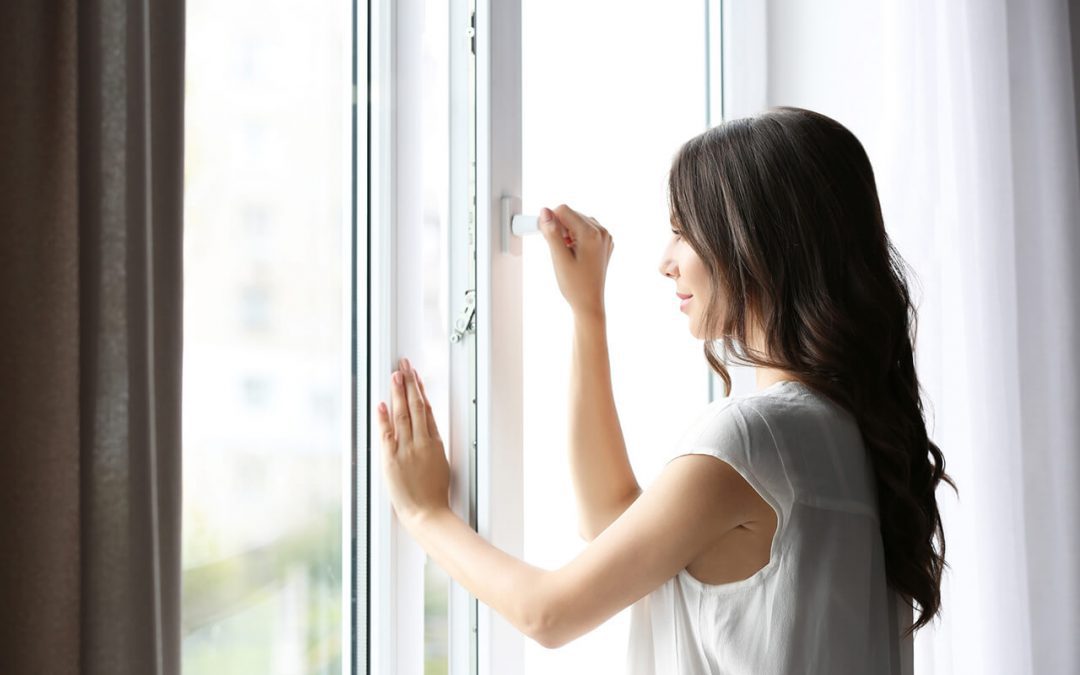What Causes High Humidity?
Humidity is a measurement of the amount of water vapor in the air. When water evaporates it disperses into the air. Humidity levels are higher after a rainstorm because the rainwater begins evaporating immediately. In your home, any room can experience high humidity, however, basements tend to be more humid due to poor insulation and moisture seeping up from the soil.
Ideas to Reduce Humidity in Your Home
Reduce humidity by decreasing the amount of water in the air. Here are a few ways you can lower the moisture levels in your home.
1. Use a Dehumidifier
A dehumidifier is an appliance created to remove moisture from the air. Generally, they are sold with recommendations regarding the amount of square footage they treat. The most common type is a portable unit that works by pulling warm air over cold coils, causing the water in the air to condense into a liquid. Most of these machines have a container to collect the water which will need to be regularly emptied. One of the downsides of a dehumidifier is that it generates heat while running. This can be especially troublesome in the summer months when you’re trying to keep the house cool.
2. Run the Air Conditioner to Reduce Humidity
Heat and humidity can be combatted by running the air conditioner. An air conditioner will remove moisture from the air through the same principle as dehumidifiers while cooling the air at the same time. An AC unit is often more expensive to run, so on milder summer days use the dehumidifier to control moisture in your home.
3. Open the Windows
Dehumidifiers and air conditioners work best in sealed environments, but if you don’t have these appliances, open your windows to help reduce humidity indoors. Although it seems counter-intuitive, the idea is to create airflow. Warm air will be replaced with fresh, cooler air. Air circulation will help you feel more comfortable inside. Combining open windows with ceiling and box fans will further increase airflow and lower humidity.
4. Take Shorter Showers
If the humidity in your home is uncomfortable, pay attention to everyday activities that would add to it. Long, hot showers add a lot of moisture to the air. Shorten your shower time and turn on the ventilation fan in the bathroom when you’re having a bath or taking a shower.
5. Reduce Humidity in the Kitchen With a Range Hood Fan
Stove-top cooking also increases humidity in the home. When preparing meals, turn on the fan above the stove. It will pull moisture, smoke, and cooking odors out of your house. On especially humid days, make plans for cold meals that don’t require cooking. Sandwiches or salads are easy to prepare and won’t contribute to already high humidity levels.
Digs Doctor Home Inspections provides inspection services to Charlotte and the surrounding areas of North and South Carolina. Contact us to request an appointment.

